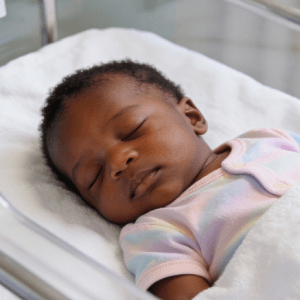Recent research presented at the American Heart Association’s Scientific Sessions has shed light on significant sleep disparities among different racial and ethnic groups in the United States. The study, which analyzed data from 13,204 participants using fitness trackers, revealed that most adults are not getting the recommended amount of sleep, with minority communities faring worse.
The average participant, aged 49, slept about 6.4 hours per night, falling short of the 7 to 9 hours recommended by the American Heart Association. White participants, who made up 81% of the study group, averaged 6.5 hours of sleep per night. In contrast, Black participants, representing 5% of the group, averaged only 5.7 hours, nearly 50 minutes less. Hispanic participants, comprising 6% of the study, slept about 6.2 hours, while Asian participants and those in the “other” category averaged 6.3 hours.
Lead researcher Adeep Kulkarni from NYU Grossman School of Medicine emphasized the health risks associated with inadequate sleep, including cardiovascular disease, diabetes, and depression. Dr. Souptik Barua, the study’s senior researcher, noted that while previous studies have shown sleep disparities, the use of wearable technology in this research provided unprecedented insights.
The study also highlighted that individuals with high blood pressure, diabetes, and sleep apnea averaged less sleep than those without these conditions. The findings underscore the need for targeted interventions to address sleep disparities and their impact on health, particularly in minority communities. As Dr. Barua suggests, monitoring sleep patterns through fitness trackers could be a valuable tool for individuals to discuss their sleep habits with healthcare providers.
See “New research provides fresh, large-scale look at who’s coming up short on sleep” (November 20, 2024)



